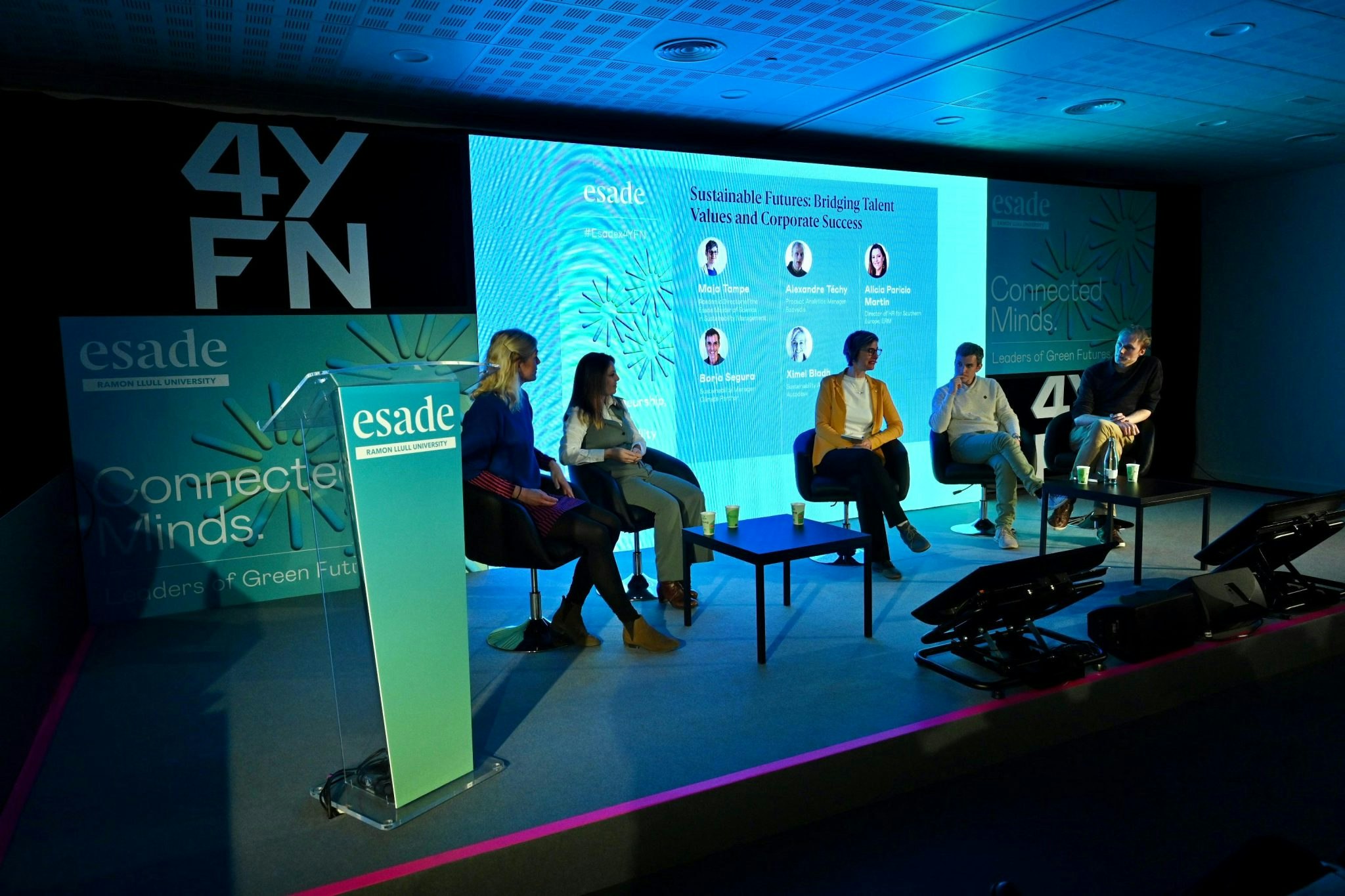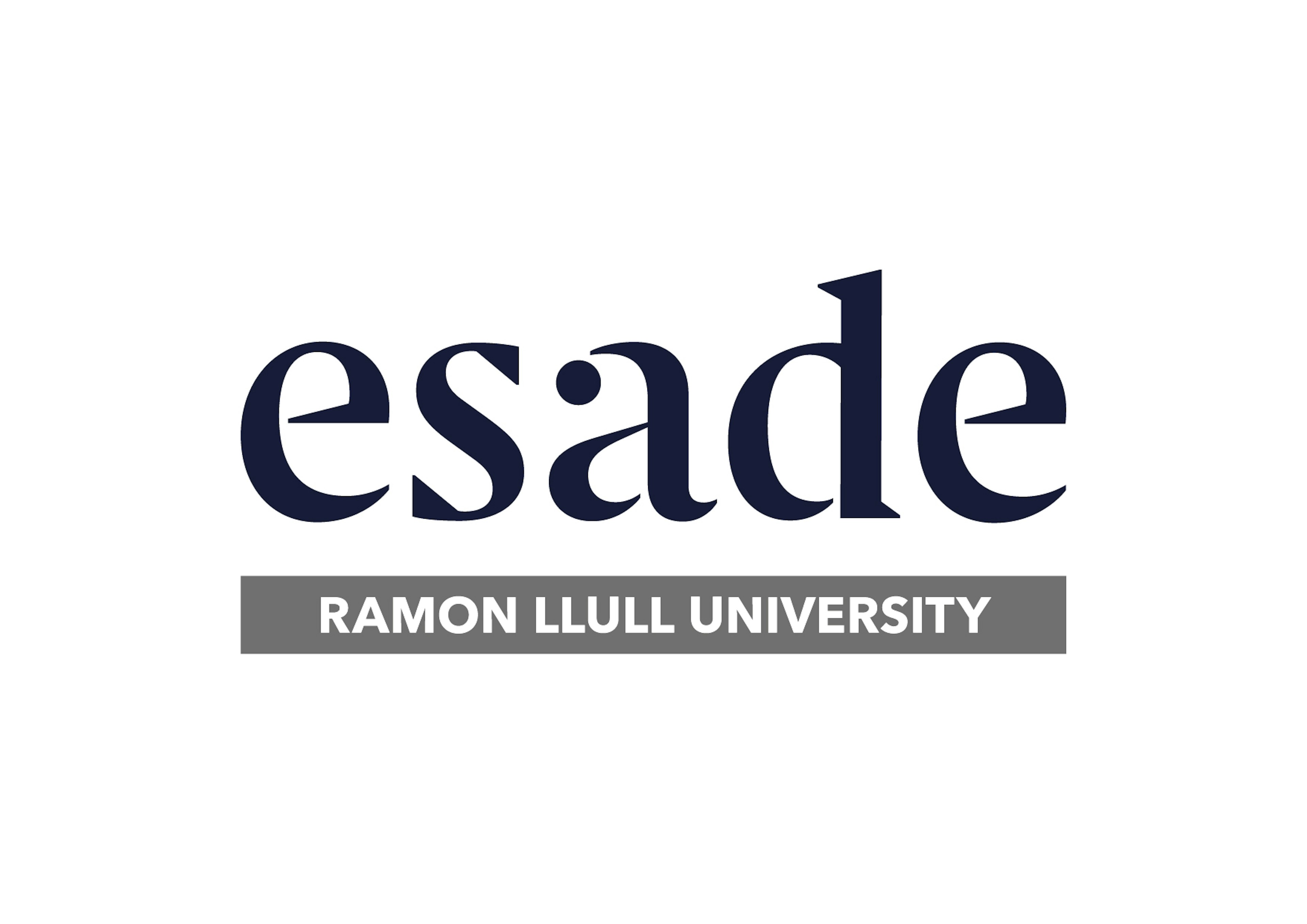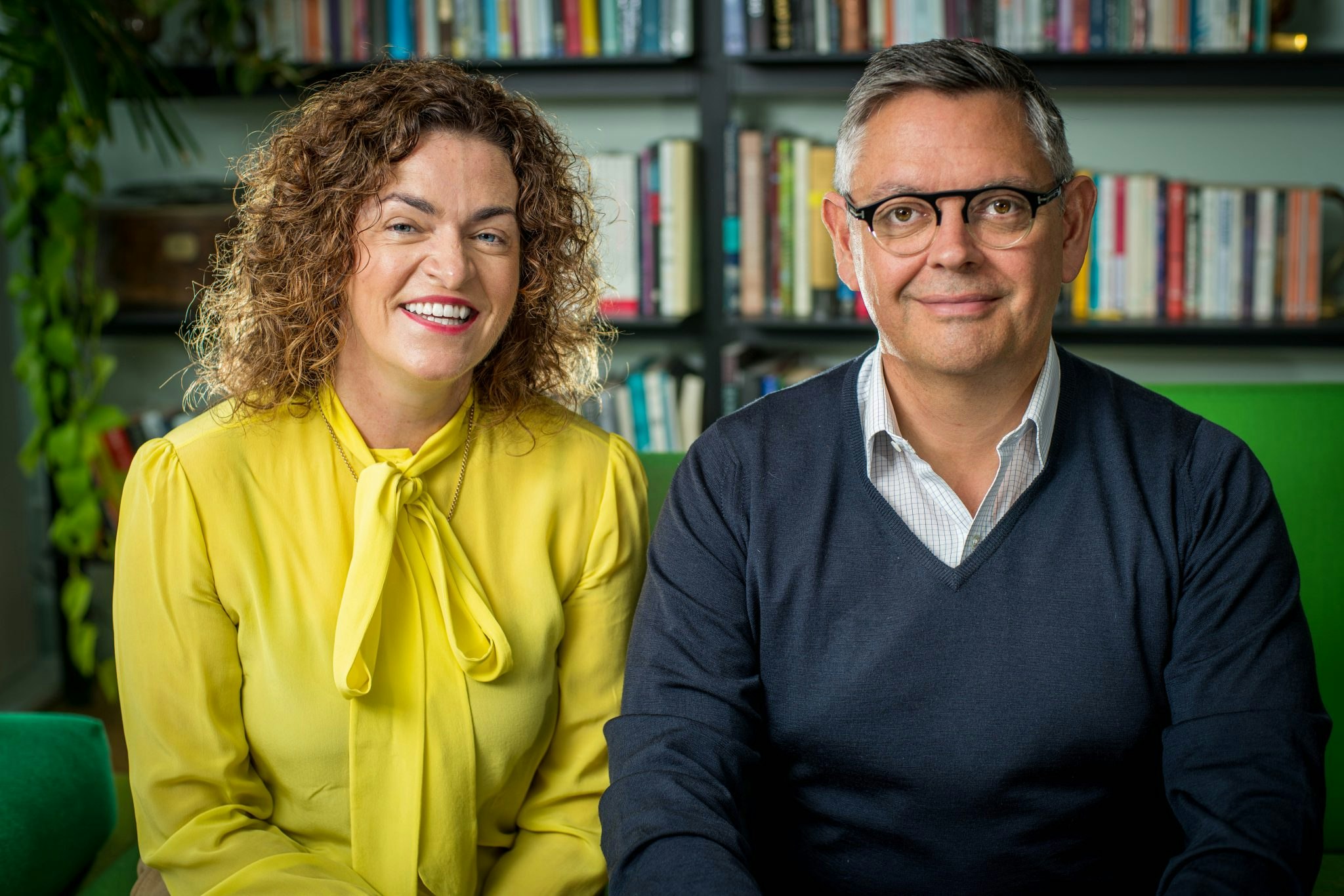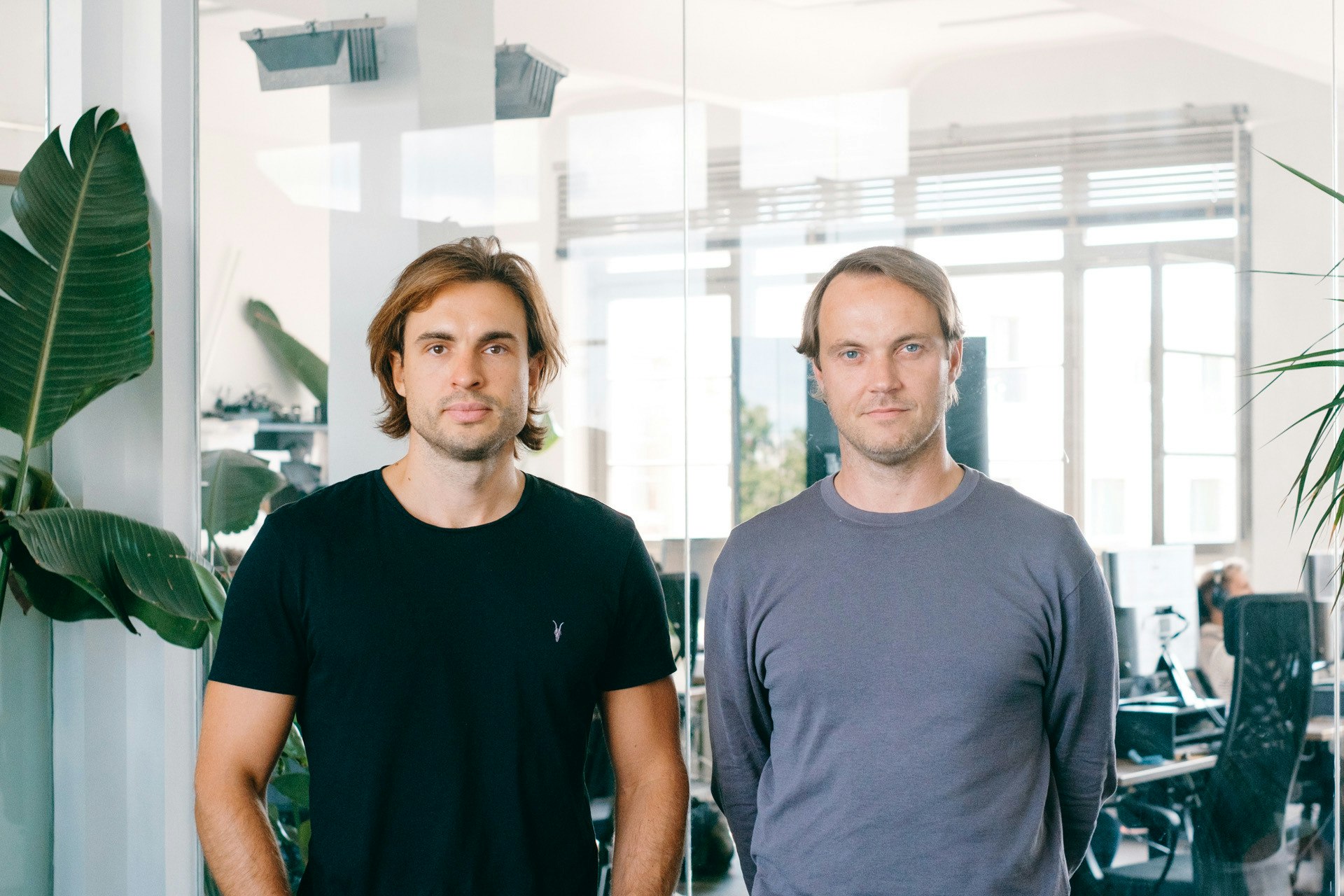As economies work towards shared global climate change goals, individuals and organisations are increasingly in need of talent that can drive sustainable practices. A global CEO survey by Bain & Company found 63% of companies need to acquire new skills and behaviours to reach their ESG goals.
But pinning down what those skills may be is a difficult proposition, says Maja Tampe, professor at the department of society, politics and sustainability at Esade. As a focus on sustainability is important for companies of all sizes, and across different sectors, there is no one-size-fits-all candidate to look for.
“We’ve started to break up the world of knowledge into different domains or disciplines,” she says. “Increasingly we see people come to the field from a management perspective, or as a conservationist, or from an individual discipline like chemists or biologists.
“What we need more and more is people who have sufficient knowledge of these different disciplines and knowledge domains.”
We dived into the state of talent in the sustainability sector.
Find resilient workers to drive organisational changes
While it is true that millennial and Gen Z workers are increasingly concerned about the social and environmental impacts of their employers — according to Deloitte, half of Gen Z workers are pushing their company to drive change on environmental issues — that broad concern doesn’t necessarily equate to a pipeline of qualified sustainability-focussed workers.
Working in sustainability requires a particularly high level of resilience and frustration tolerance.
“One issue we have is that sustainability is too cool, too hip,” says Tampe. “It might attract attention from many people who are generally interested but perhaps it doesn't attract the people who have sufficiently deep grounding in that interest.
“Working in sustainability requires a particularly high level of resilience and frustration tolerance, to make progress on these wicked challenges that we have been dealing with for decades now and are clearly not done.”
But you don’t have to be completely qualified off the bat. For businesses which are trying to find talent in the sustainability sector, Tampe suggests starting by addressing the goals for their ESG efforts and then looking to plug those specific skills. From there, companies can look to upskill their employees to become the well-rounded workers Tampe says the industry needs.
“If you’re a fashion company, you might need someone who can analyse and make suggestions on cleaning up your supply chain. A completely different set of skills might be needed for a sustainable finance provider that needs to fill big aching data gaps,” says Tampe. “People progress as they integrate into the business. If you’re hiring a junior-level analyst, you might also need that person to work in the field, conduct stakeholder interviews and manage projects in the future. That’s almost impossible to find in junior professionals.”
That upskilling can be supported by a range of in-person and online learning systems, and by instilling a learning culture within an organisation.
“People can take ownership of their own learning,” says Tampe. “Seek out mentors, and build your own learning network. Inside companies that mentee-mentor relationship can be formalised through programmes. Business schools are also adapting to this. There are many avenues to upskilling.”
“People with machine learning skills will be crucial”
Esade offers a range of degree programmes to help the sustainability-focussed workers of the future affect change. The degree programmes are underpinned by extensive research carried out by the university's institutes and research centers, such as the Esade Center for Social Impact (ECSI), the Esade Entrepreneurship Institute (EEI), the Institute for Social Innovation (IIS) or the Center for Leadership and Sustainability, among others."
“The centre is leading research in the development of best practice in impact entrepreneurship, impact investment and impact management and reporting,” says Lisa Hehenberger, director of Esade’s Centre for Social Impact. “We prepare students for a career that has societal and environmental impact.”
Tampe says that reporting is an area where talent with the right experience can make an immediate impact on their companies. On Esade’s Master of Science in Sustainability Management course, for example, a module on the intersection of sustainability gives students exposure to AI and machine learning solutions which can support best practice in a crucial function of the business.
“There’s a lot of companies that don’t do ESG reporting well,” says Tampe. “People with machine learning skills will be crucial because they can forecast and predict to hopefully a fair level of accuracy.”
Acquiring these skills may be even more important for sectors that are considered to be highly polluting or draining on natural resources. Increasingly savvy workers want to see that companies have implemented societal and environmental impact policies that are underpinned by accurate reporting.
“I won’t name names,” says Tampe. “But when students go into the depths of a brand’s sustainability reports, they find themselves with situations where no unit is comparable across any of the tables and figures in the sustainability report.
“Young people rotate quite quickly in and out of jobs. That need to retain talent is relevant for all sectors. But those sectors that get a lot of public scrutiny, such as fashion, for example, will probably be needing to grapple with that even more.”
What skills and traits do social impact entrepreneurs need?
Hehenberger says social enterprise often requires and attracts conscientious candidates.
You must be in love with the problem, you can’t be in love with your solution.
“Certain soft skills are definitely recommended,” she says. “Teamwork, the ability to work with different people, and through the lens of diversity and inclusion is important. Our students that show interest in sustainability as a career have a wider perspective of the world.”
Tampe says it's important to have management experience.
“For someone that wants to create a sustainability-focused company, you probably need a really deep grounding in a management discipline, be that in finance or operations,” she says.
To help their students launch their ventures, Esade runs an accelerator programme for startups that have a current or former student on the entrepreneurial team. It also connects students to investors within Barcelona’s tech ecosystem and runs extra-curricular events such as hackathons. Most recently it has sponsored a new greentech vertical at 4YFN Barcelona, the startup event of the world’s biggest mobile event MWC.

Tampe stresses the importance of what is learned by connecting with the wider ecosystem.
“We hosted a panel where an entrepreneur said: ‘You must be in love with the problem, you can’t be in love with your solution.’ Your product has to keep getting better and better to meet the demands of the problem.”



